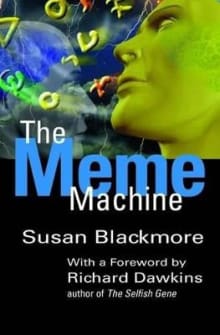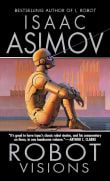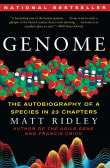The Meme Machine

Book description
Humans are extraordinary creatures, with the unique ability among animals to imitate and so copy from one another ideas, habits, skills, behaviours, inventions, songs, and stories. These are all memes, a term first coined by Richard Dawkins in 1976 in his book The Selfish Gene. Memes, like genes, are replicators,…
Why read it?
3 authors picked The Meme Machine as one of their favorite books. Why do they recommend it?

In his seminal The Selfish Gene, Richard Dawkins suggested that humans (and all other living organisms) exist to further the evolutionary fitness of the self-replicating information packets (“genes”) carried in our DNA – not the other way around.
In the closing section of his book, Dawkins theorized that a similar dynamic might hold true in cultural evolution, playing out through another type of self-replicating information packet, which he termed “memes”.
Some twenty years later, as the dawn of the Internet Age was giving new relevance to this idea, scholar Susan Blackmore took it up and ran with it, essentially singlehandedly…
From Mordecai's list on how culture makes us do self-destructive things.

What is a meme? A meme is any idea, behavior, or skill that can be transferred from one person to another by imitation: stories, fashions, inventions, recipes, songs, ways of plowing a field, or making a sculpture. The meme is also one of the most important concepts to emerge in a long time. It has controversial implications for our religious beliefs, our free will, and our very sense of "self."
From David's list on love, hate, greed, passion, and self interest.

Long before ‘memes’ became a synonym for catchy internet videos, they were a term coined by Richard Dawkins in his classic 1976 book The Selfish Gene to describe a ‘cultural replicator’ analogous to the gene. In The Meme Machine, Susan Blackmore took this side-thought and ran with it. She argues that human culture in general, as well as specific phenomena such as the origin of language and cooperation, can best be seen through a ‘meme’s eye view’ of selfish memes competing to replicate themselves. Modern cultural evolution research remains sceptical of this rather extreme perspective, often thinking more in…
From Alex's list on cultural evolution.
If you love The Meme Machine...
Want books like The Meme Machine?
Our community of 12,000+ authors has personally recommended 36 books like The Meme Machine.






























